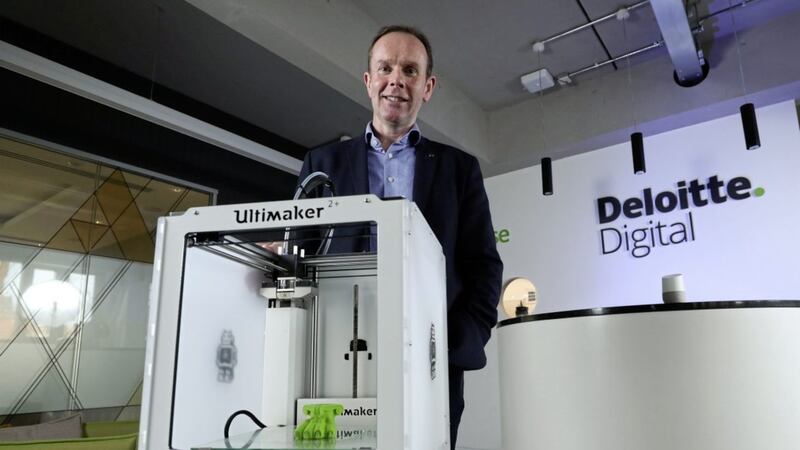A NEAR-century old medium - that of radio - will be one of the leading technological trends of 2019, business advisory firm Deloitte is predicting.
Its annual technology, media and telecommunications predictions report (www.deloitte.co.uk/tmtpredictions/) tips the resurgence of radio, the increasing popularity of smart speakers, and accelerated growth in revenues from 3D printing as likely to have the biggest impact this year.
It predicts that radio, the 99-year-old traditional medium, will maintain its hold on UK media consumption, with 47 million people listening to radio weekly or more often.
The report also forecasts that global radio revenue will reach £31.6 billion, a one per cent increase over 2018.
It says: "Radio’s weekly reach will remain nearly ubiquitous, with over 85 per cent of the adult population listening to radio at least weekly in the developed world. Combined, nearly three billion people worldwide will listen to radio at least weekly.
"Adults in developed countries will listen to an average of 90 minutes of radio a day. And we expect that, unlike some other forms of traditional media, radio will continue to perform well among younger demographics.
"The vast majority (83 per cent) of 15-24 year olds in the UK listen to radio. It's yet higher among 25-34 year olds (88 per cent) and 35-54 year olds (94 per cent). Radio listening remains far more popular among all age groups than on-demand services, usage of which peaks at 39 per cent among 15-25 year olds."
The report added: "Radio’s resilience is largely due to its role as a background accompaniment to existing activities. Nearly 60 per cent of all adults listen to the radio while driving or travelling.
"At home, one in every three radio listeners does so while doing another physical task, such as cooking, eating or doing household chores. Radio may also be in the background even when playing video games or shopping."
Danny McConnell, Deloitte's technology partner in Belfast, said: “Due to the rise of on-demand media and streaming services, many under-estimate the influence radio still holds.
"The perception that video or indeed streaming has killed the radio star is simply not the case. Whether it’s in the car, over breakfast, or even at work, the vast majority of people in the UK still have at least one ear on the airwaves during the course of the day. Radio is alive, well and enjoyed by all ages.”
Deloitte also predicts that smart speakers - internet-connected speakers with integrated digital assistants - will be the fastest-growing connected device in 2019, with 164 million units sold globally, up from 98 million last year, and revenues soaring 63 per cent year-on-year to £5.6 billion.
Some 12 per cent of UK adults (6.2 million people) currently have access to a smart speaker, but this compares with 22 per cent of adults in urban China and 19 per cent in the USA.
The report forecasts that sales related to 3D printing by large public companies will surpass £2.1bn this year and £2.4bn in 2020, driven by faster printing speeds, larger volumes and an increase in the number of materials able to be printed (metal is expected to overtake plastics and represent more than half of all 3D printing in the next two years).
Mr McConnell added: “Bionic prosthetic limbs for children for instance, which are usually costly, particularly due to the need to replace these frequently as children grows, have been revolutionised by the introduction of 3D printing and can now be produced for a mere £20.”








